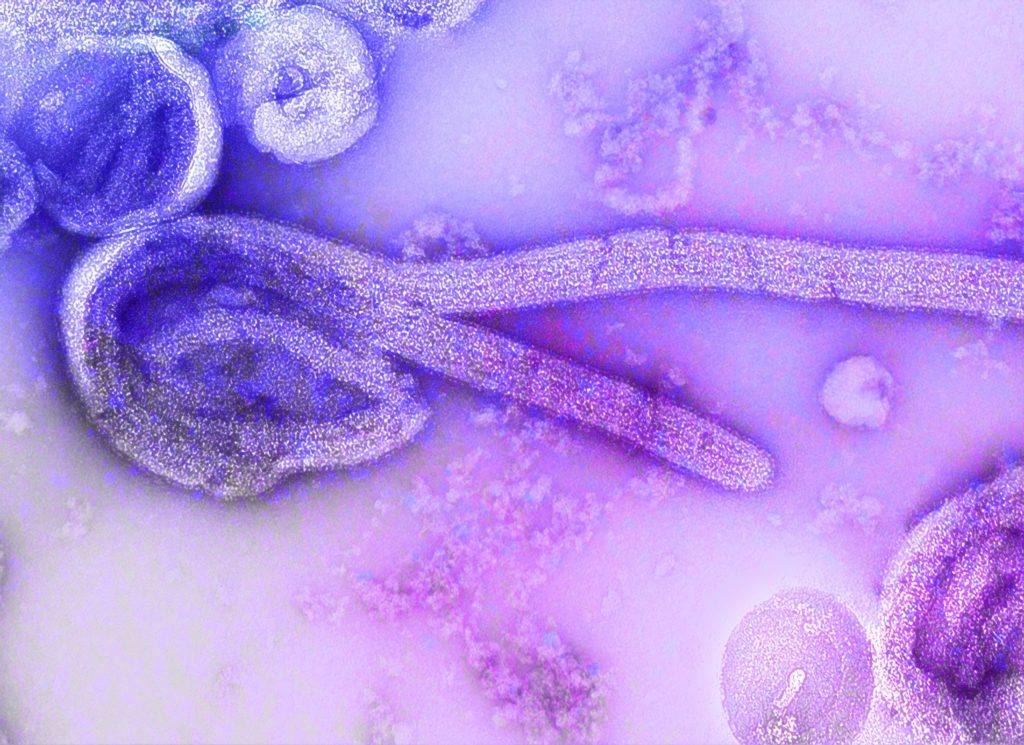
Earlier this week, on 26th July 2023, the WHO Expert panel published updated Model Lists of Essential Medicines (EML) and Essential Medicines for Children (EMLc). When the excitement of the promise to (further) reduce medicine prices and predictable supply chains in countries like mine eventually subsides, we’ll need to consider if the update goes far enough, however.
Since the first Ebola Virus Disease (EVD) case in the Democratic Republic of Congo in 1976, there have been 35 Ebola outbreaks in Africa, with nearly 35,000 cases, almost half of whom died. The latest recorded outbreak was last year (2022) in Uganda. In spite of the outstanding work by the Ministry of Health and its partners to stop the epidemic in record time (less than six months), more than a third of the cases, including seven healthcare workers, died.
At the outbreak’s epicenter were health professionals at different levels working tirelessly to interrupt the spread and ensure the patients received the best available healthcare. When health emergencies like these occur, a lot can still be improved. But the lack of more options to save more people during these – now frequent – outbreaks is glaring. It was almost predictable that an experimental drug, MBP134, was only available more than two months into the epidemic. Rather late, as they are needed almost immediately after diagnosis to improve any survival chances.
One feels disconcerting that the risk of contracting such deadly infectious diseases exists with – at least for some of these – available prevention strategies and vaccinations. In a low-income country like mine, you can never be sure where you or your loved ones will be during the next outbreak. However, if there’s a health emergency like Ebola, I would love the current risk (of one in three) to be much lower.
While member states are discussing a pandemic accord at the WHO, it will be a relief if the updated EML is translated into practice. The 2023 EML includes two EVD monoclonal antibodies, ansuvimba, and a combination of atoltivimab + maftivimab + odesivimab, which have been proven to be effective in reducing deaths by at least 60%. The question remains, though, how effectively and timely these drugs will be made available in the event of an outbreak, keeping in mind the (current) reality of drug prices and inequitable supply chains.
We all recall how, despite a WHO emergency list of essential vaccines for COVID-19, countries in the Global South struggled to gain access. Dire lessons from COVID-19 are pushing several countries in the Global South to boost their research and development toward producing essential vaccines and medicines. True, unlike for COVID19, Ebola outbreaks up to now only hit African countries. Nonetheless, stocks of approved and experimental medicines and vaccines are rarely rapidly available when an outbreak occurs in Africa.
The realization of the right of accessing essential medicines and vaccines is still a dream for many. Let’s hope that at least with respect to future Ebola outbreaks, there’ll be more equity henceforth after this EML update – while we await a ‘pandemic accord’ with stricter equity provisions, hopefully not just for pandemics but also for other health emergencies.